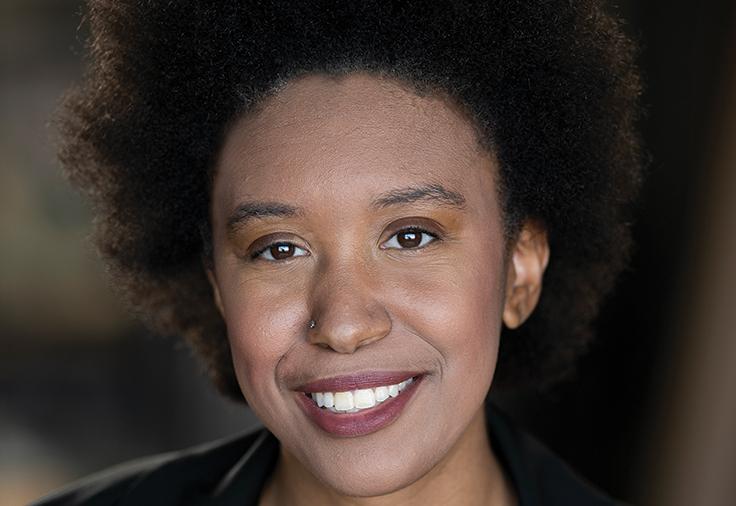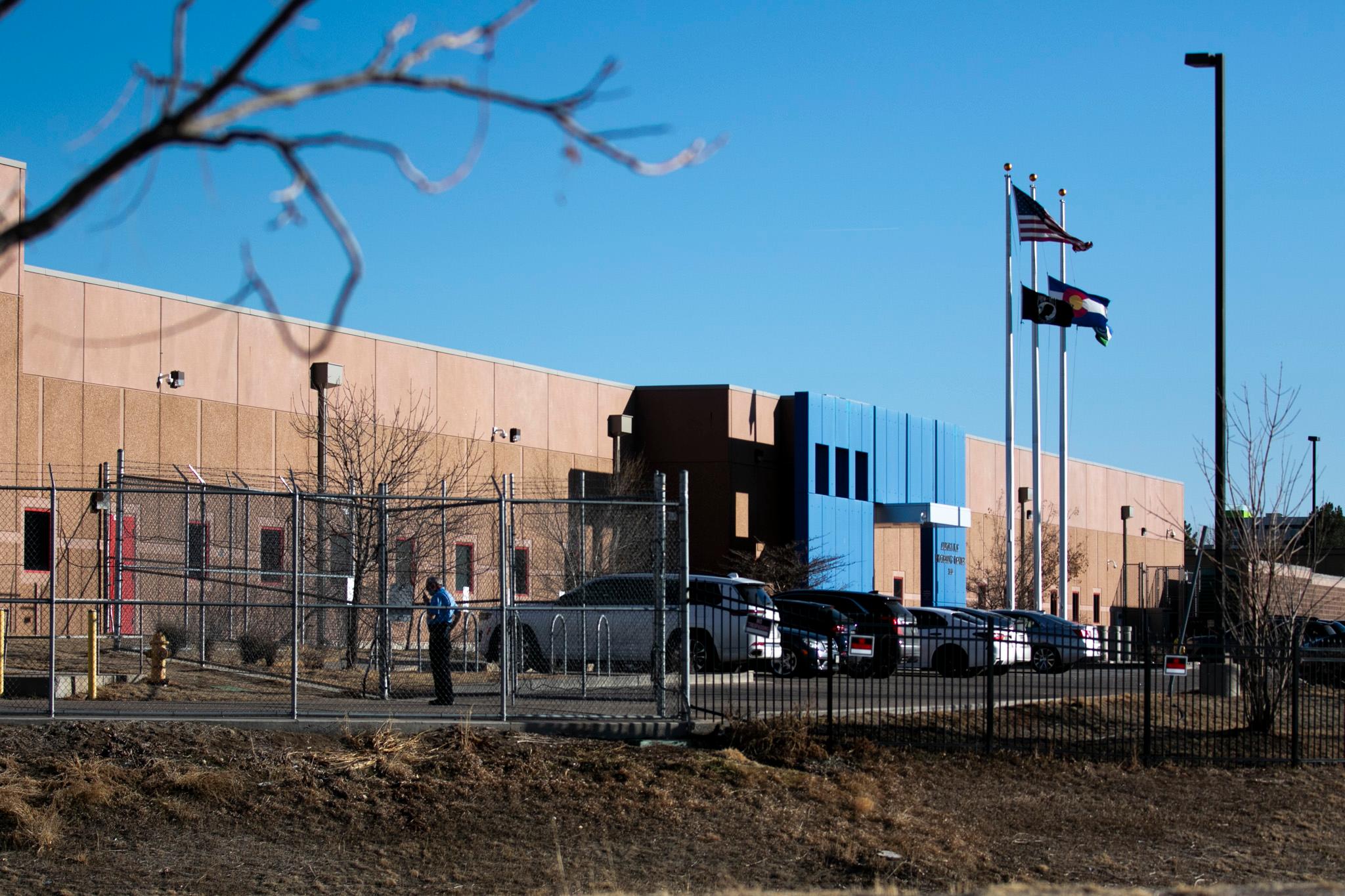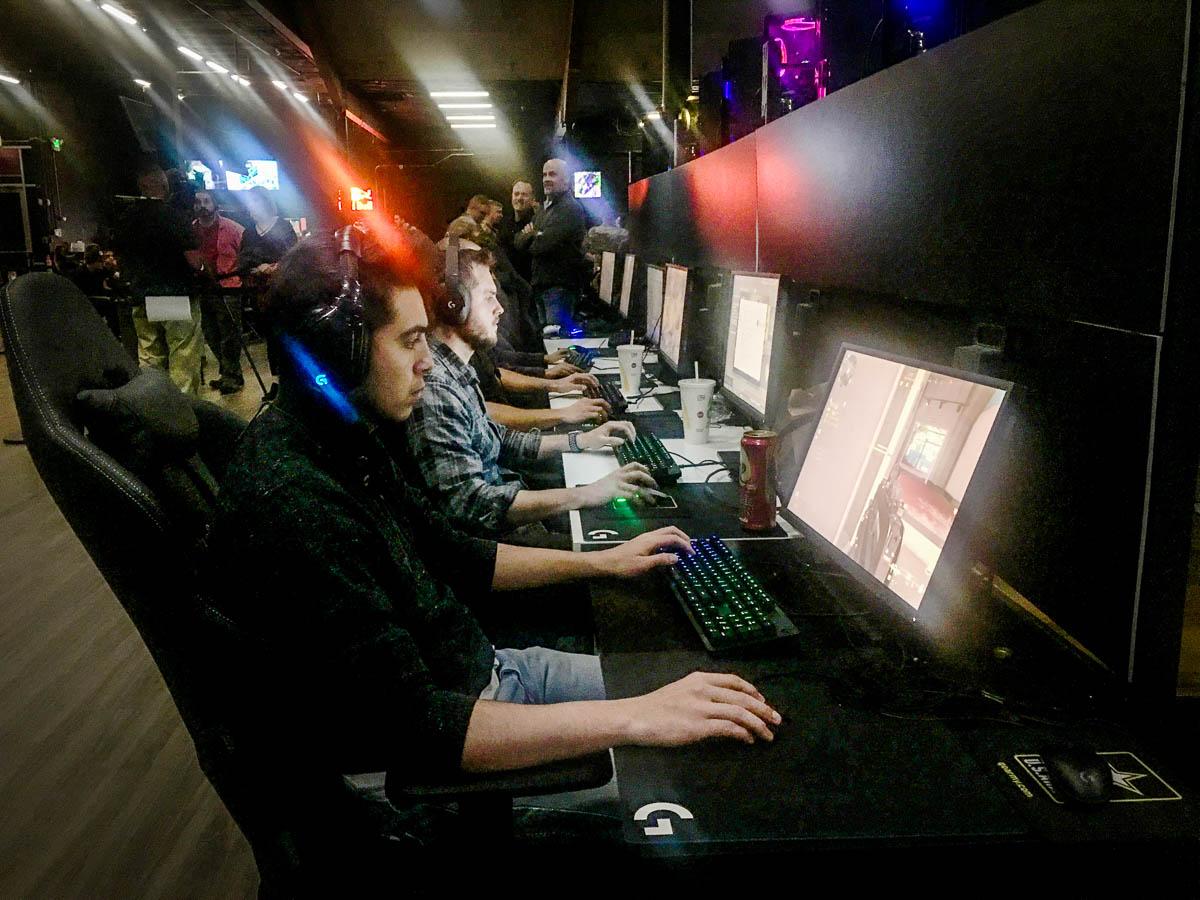
The best source of light in this dim, warehouse-sized room in suburban Denver comes from rows of screens. Each panel shows a discrete military action, a fast-paced firefight as camouflaged soldiers swarm a map or special operators securing a target.
One of the figures hunched over a computer in the darkness finally huffs in disappointment.
“I’ve died like four times in three missions, so [I’m] not going to say [I’m doing] the greatest,” said 17-year-old Gavin Gains.
Even though he wasn't dominating the brand new "Call of Duty: Modern Warfare," Gains is exactly what the regional Go Army recruitment office is looking for. For the past three years they’ve only hit about 80 percent of their recruiting goals. Nationally, the Army only attracted 68,000 recruits in 2018. For the fiscal 2020 year the manpower goal is half a million.
The old ways to attract potential recruits aren’t working the way they used to. More modern tactics are called for, like hosting an event at the Localhost Arena in Lakewood or starting a professional esports team.
“Phone calls and text messages are not the way to go,” said Sgt. Vincent Cruz. Instead, he said it’s social platforms like Facebook, Instagram and Snapchat. It’s also today’s latest first-person video games, each with legions of devoted players.
The military wants to, as Cruz said, “Reach out to these men and women and say ‘Hey, you can actually do this in the Army and get paid by the way.”
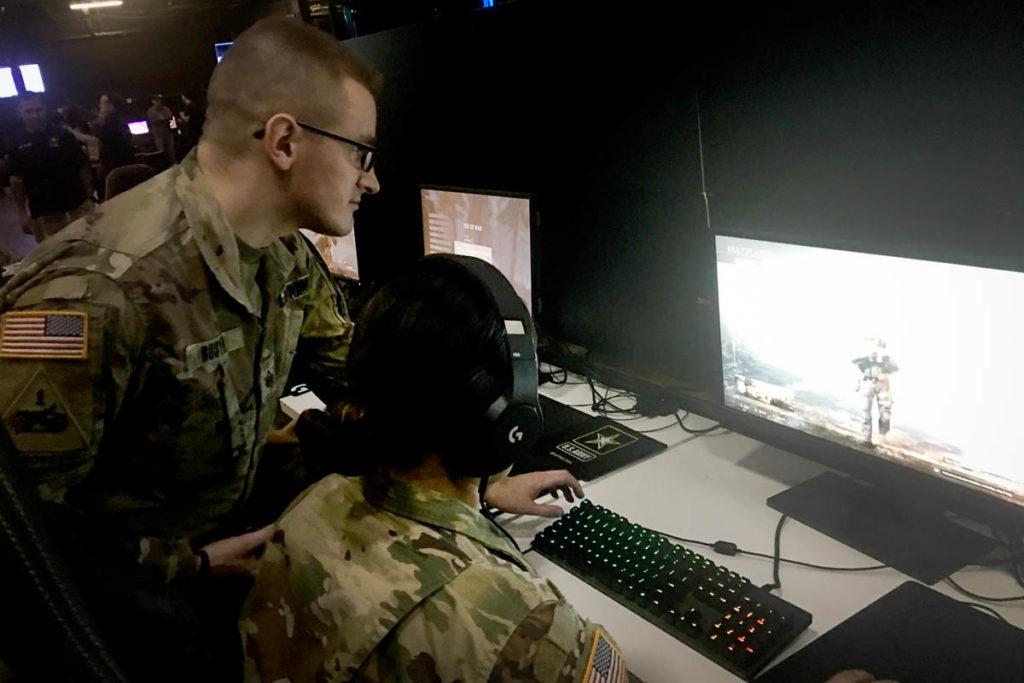
Esports, along with other new marketing strategies, are supposed to boost flagging numbers. In Colorado, Nebraska and the southeastern corner of Wyoming, recruiters want to sign up 2,234 people. So far, they’ve reached 13 percent of their total mission.
General manager James Love said the Localhost Arena staff was surprised when the Army showed up one day and said they wanted to collaborate on an event.
“I got some sideways glances ... most people said ‘Yes, we would love that,’” Love said.
The Army wants to recruit and Love wants his business to grow and attract players. The partnership is mutually beneficial.
“There are gamers and nerds in the Army,” he said “There are gamers and nerds down the street. We want them all in here playing as a community because we want to show people just how diverse we are.”
This is part of the Army’s goal too; to show that it’s not all boot camp and buzz cuts — there’s a fun side.
Traditionally, military recruitment has offered to help pay for college. Now, there are 122 colleges that offer scholarships for esports. Gains isn’t ready for college yet, but he’s fairly certain he wants to join the military.
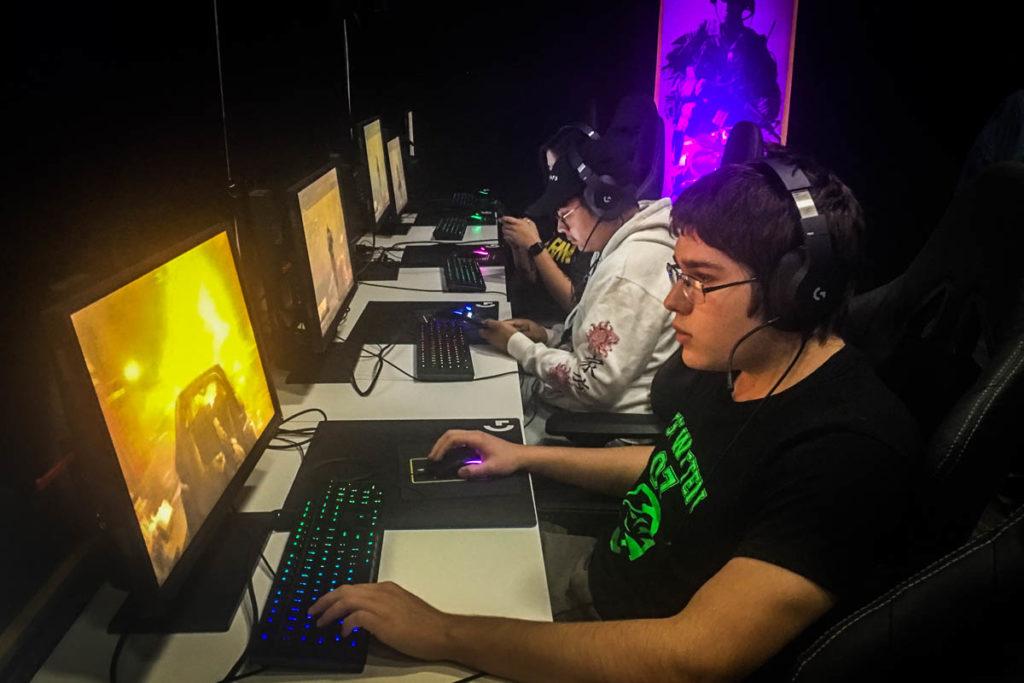
The biggest reason is a sense of community.
“It’s always been a big motivator for me is just having somewhere I belong,” he said. “I like the military because it’s like you may not necessarily like everyone but you know they have your back type of thing.”
Michelle Alcantar, 17, is a new recruit. She graduates high school at the end of this semester and by summer she’ll be off to boot camp in Oklahoma. She got into video games through her brother-in-law, who is also in the Army. Call of Duty is a favorite.
Both gaming and the military are stereotypically seen as male. She’s proud to be a woman involved in both.
“To me, it’s really special because not a lot of women, I feel like, are represented in the Army,” Alcantar said. “I feel like it’s such a power move for women just because we can do the same thing men can and we’re finally allowed to do that after years that we couldn’t.”
Alcantar also won a raffle that at the recruitment game night. She went home with a brand new copy of the game. The recruiters won too.
Out of about 110 who attended, the military gained 35 leads.
